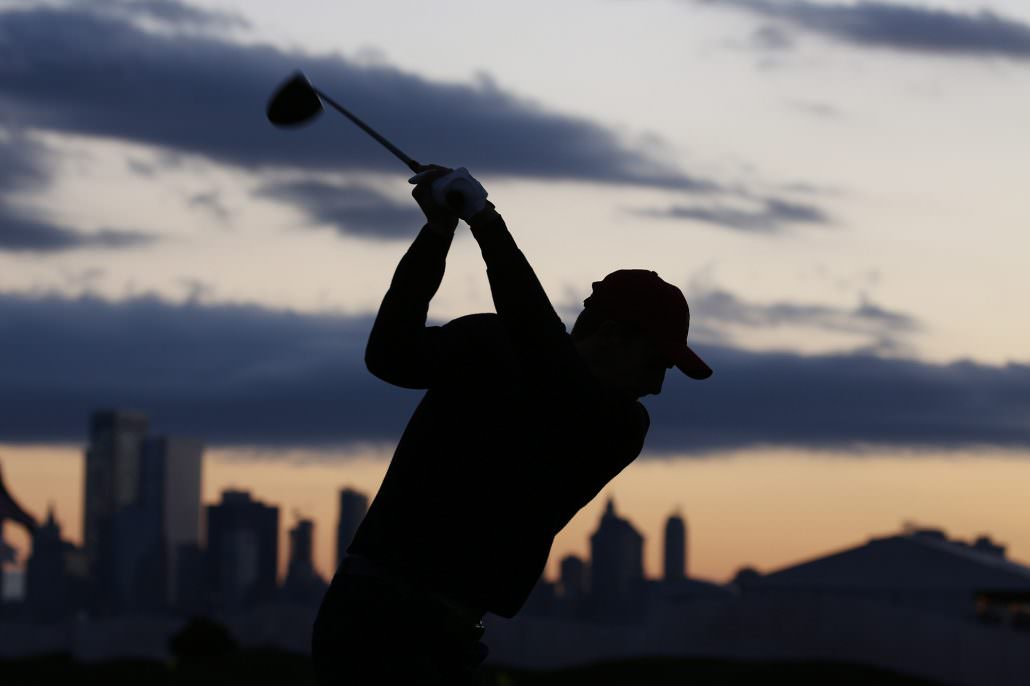The effects of a poor night’s sleep and golf the next day can present themselves early. Research consistently demonstrates changes in mood and alertness upon awakening that maintain to some extent throughout the day. A meta-analysis of 143 effects demonstrated that partial sleep deprivation, akin to fragmented sleep that so many of us experience on a nightly basis, most adversely affects mood, followed by cognition and finally motor performance.
So we are most likely to see the effects of a poor night sleep on our emotional control. We may be more irritable, feel low or depressed, and less able to control our emotions even following one night of poor sleep. Our decision making is impaired and our attention suffers.
This means that performance in sport may suffer not due to physical impairments, but largely due to lack of clear thinking, attention and alertness.
A round of golf typically takes four hours, so can lack of sleep affect our endurance and concentration? The short answer is yes, the longer answer is that it is a little more complicated.
Our mood and cognition are most affected by lack of sleep, however, as well as our sleep drive, we have a circadian drive in alertness, which is to some extent independent of the sleep drive. This circadian ‘clock’ controls our rhythms of wakefulness and alertness, as well as mood, cognition and a whole host of physiological processes. This rhythm dictates our sleep-wake patterns, controlling when we awaken in the morning, our optimum times of peak performance, our sleepiness and when we go to bed at night.
We are familiar with the terms ‘early morning lark’ and ‘night owl’ and these ‘chronotypes’ describe our tendencies to being a morning type or evening type. However, sleepiness and alertness follow predictable patterns of peaks and troughs throughout the 24 hour period.
Advertisement
For example, a morning type (regardless of the sleep they obtained the night prior) will experience a rise in alertness, mood, and cognition, being at their peak performance in the late morning, followed by a dip after lunch, a further rise late afternoon, and beginning to feel sleepy in the early evening. Evening-types on the other hand feel groggy in the morning, have a rise after lunch and are usually at their peak performance in the evening hours.
These patterns of performance to some extent remain consistent even after sleep deprivation. So even though sleep deprivation does alter our performance, the extent of performance impairment really depends on an individual’s chronotype and the time of day the activity takes place. The take home message is that we all have different times of peak performance, and so in order to perform at our best, we should listen to our internal clock for cues as to our own individual optimum times.
Dr Nicola Barclay is Departmental Lecturer in Sleep Medicine at the Sleep and Circadian Neuroscience Institute, University of Oxford and sleep expert for Mammoth Comfort. Keep your eye on NCG for her tips on how to improve your sleep.
Advertisement

